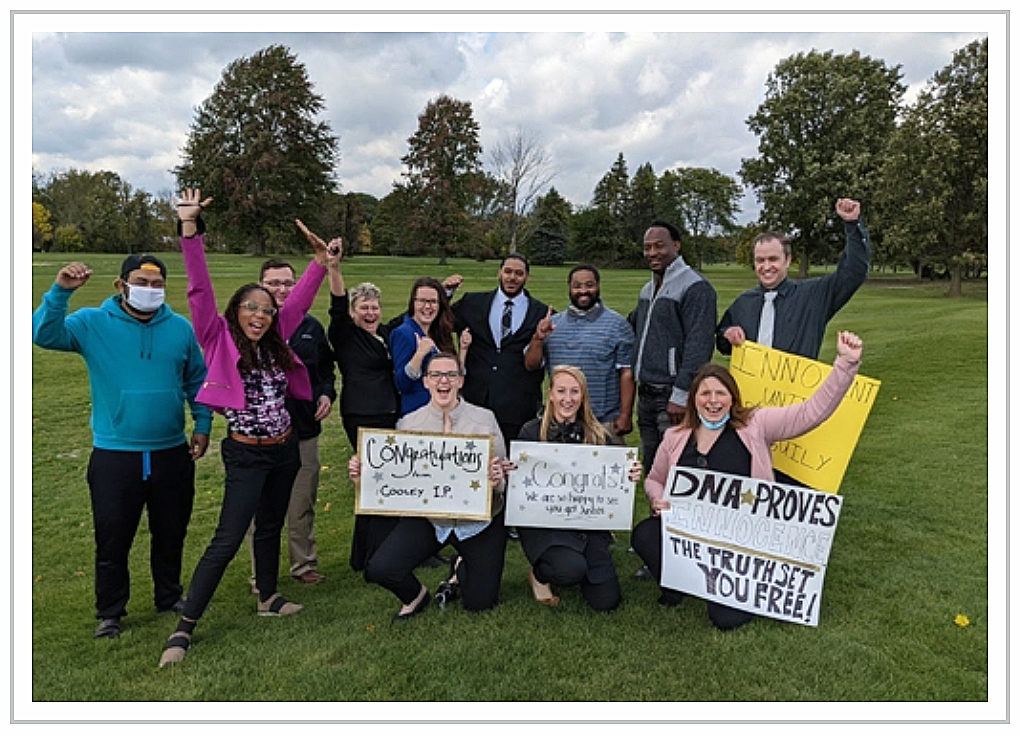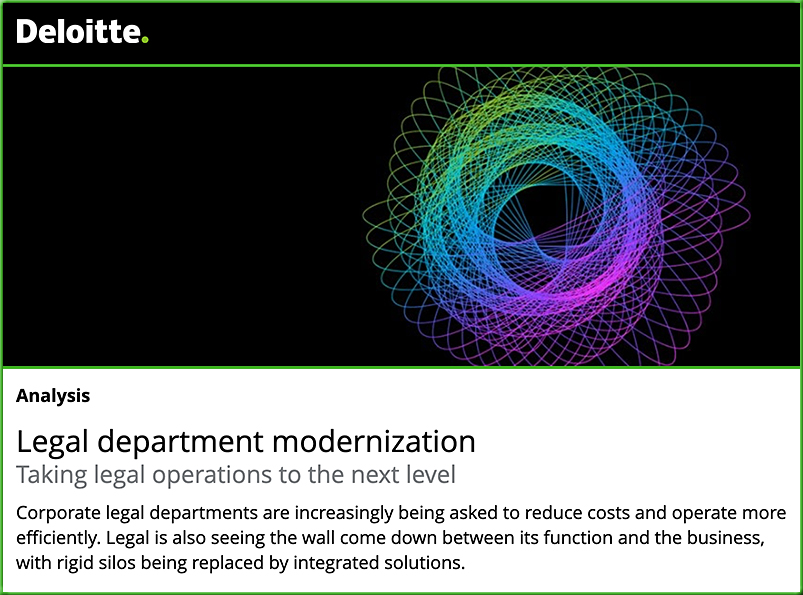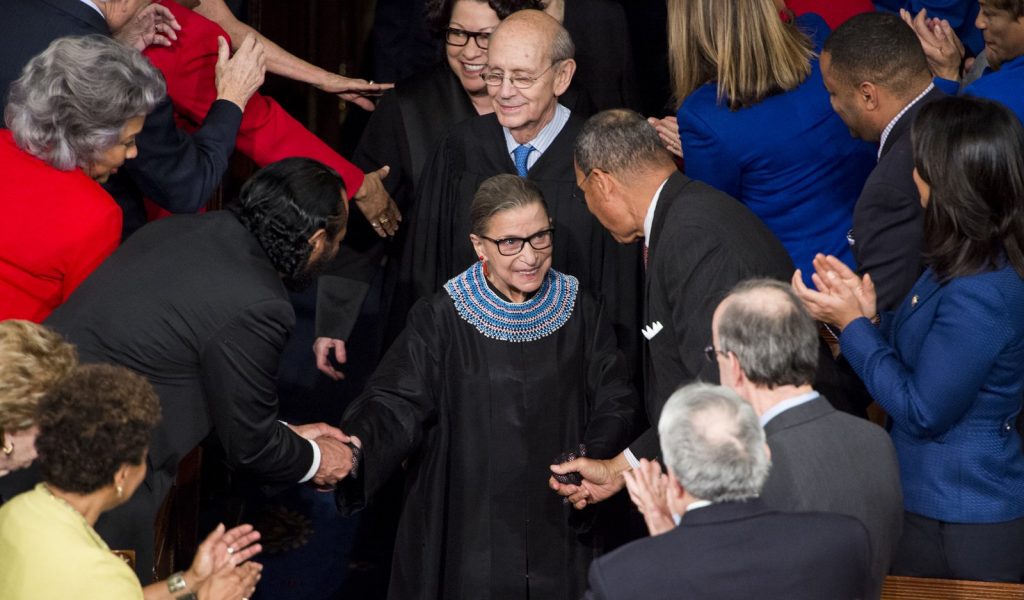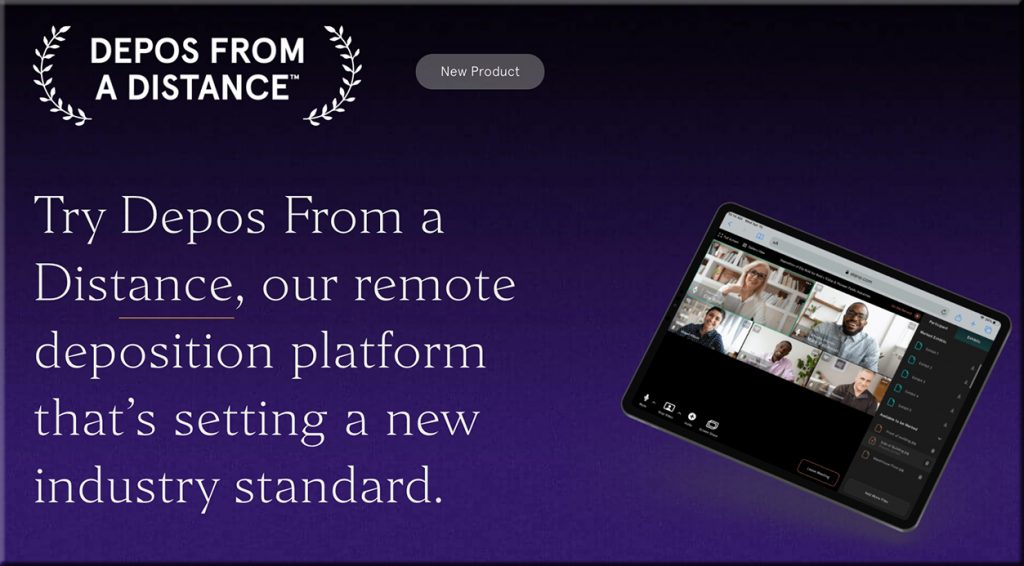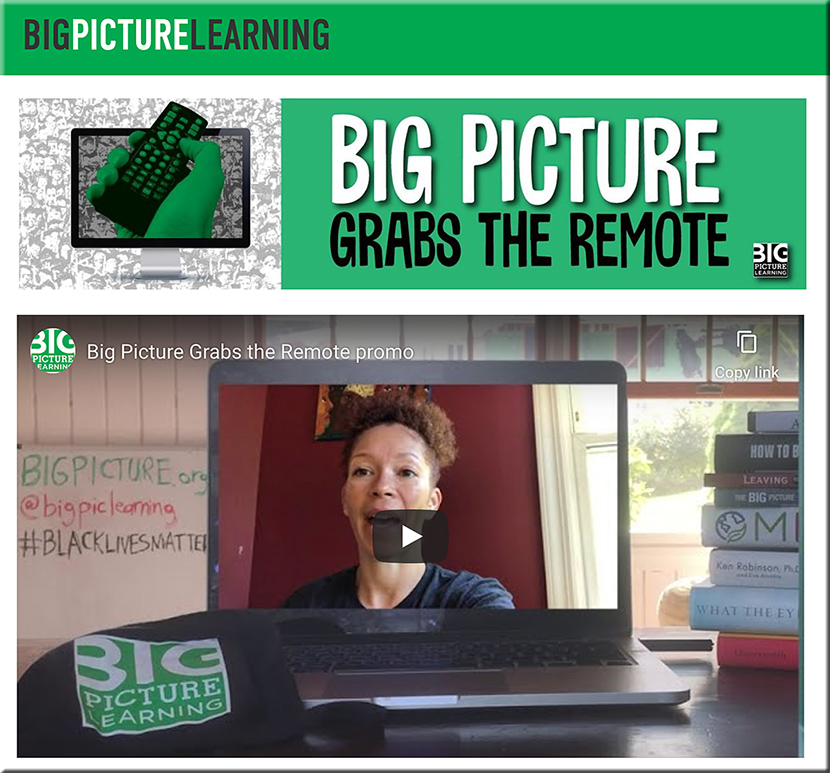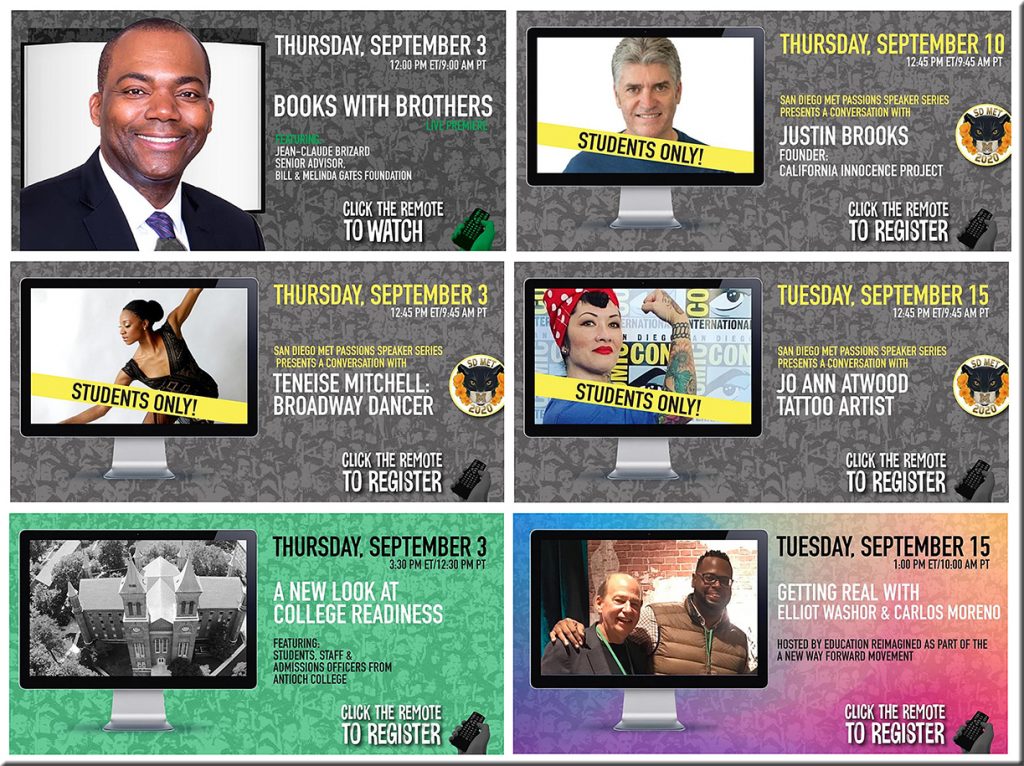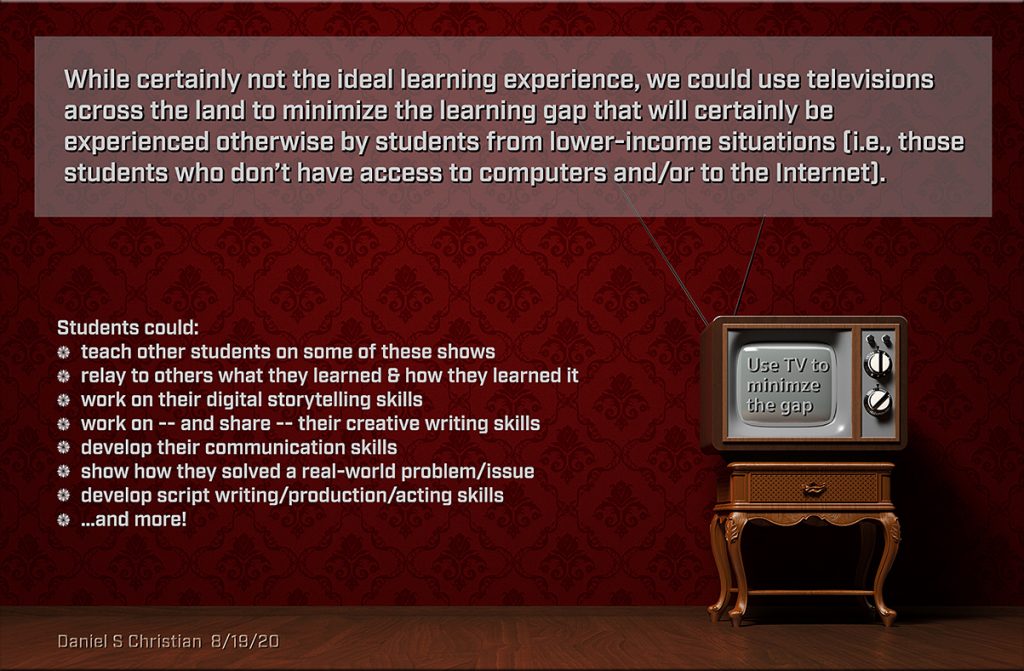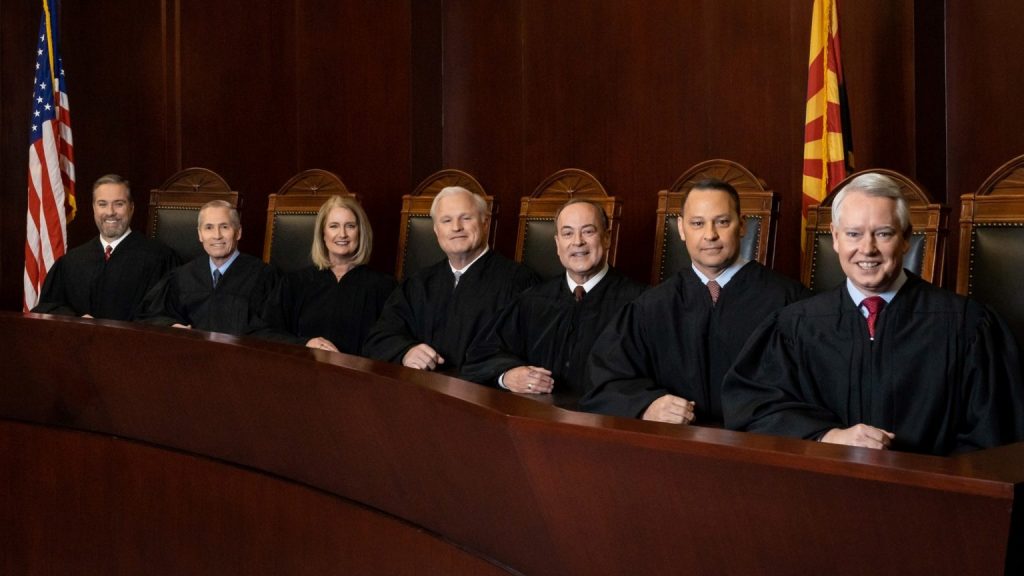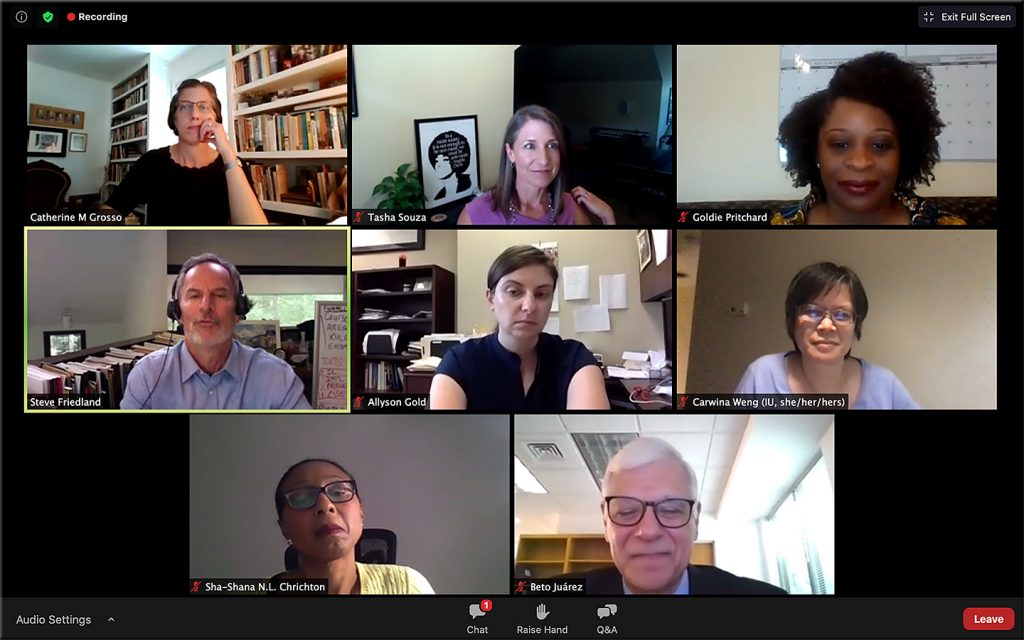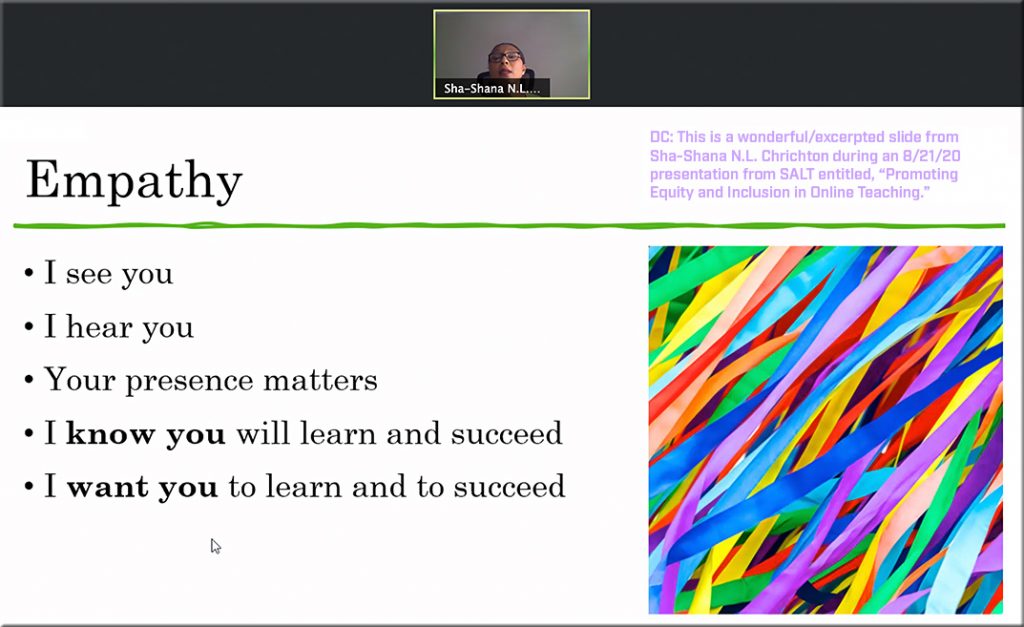Civil Justice for All — from amacad.org
Excerpts:
This report calls for the legal profession, the courts, law schools, tech professionals, and partners from many other fields and disciplines to coordinate their efforts to provide necessary legal assistance to many more people in need. Past efforts to improve access to justice offer strong evidence that such an effort would have a profound effect on American society—measured in financial savings, greater trust in law and social institutions, and the safety and security of families and communities.
THE PROJECT’S SEVEN RECOMMENDATIONS ARE:
First, and above all, dedicate a consequential infusion of financial and human resources to closing the civil justice gap, and seek a significant shift in mindset—extending beyond lawyers the duty and capacity to assist those with legal need—to make genuine strides toward “justice for all”;
Second, increase the number of legal services lawyers who focus on the needs of low-income Americans;
Third, increase the number of lawyers providing pro bono and other volunteer assistance, to supplement the corps of legal services lawyers;
Fourth, bring many new advocates—service providers who are not lawyers—into the effort to solve civil justice problems;
Fifth, foster greater collaboration among legal services providers and other trusted professionals—such as doctors, nurses, and social workers;
Sixth, expand efforts to make legal systems easier to understand and use through the simplification of language, forms, and procedures and the wider use of technology; and
Seventh, create a national team, or even a new national organization, to coordinate the efforts listed above, collect much-needed data on the state of civil justice, and help identify and publicize effective innovations that improve access.









